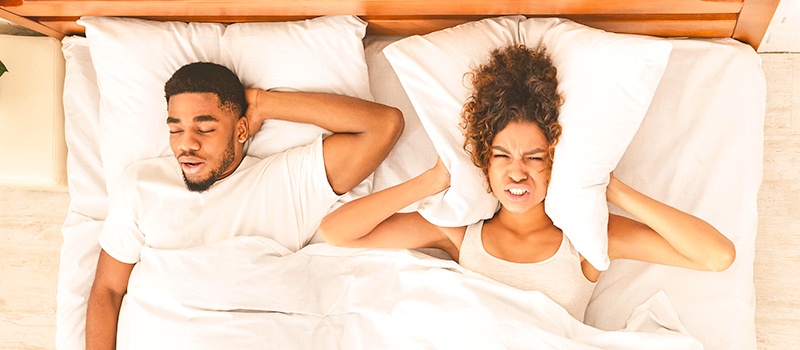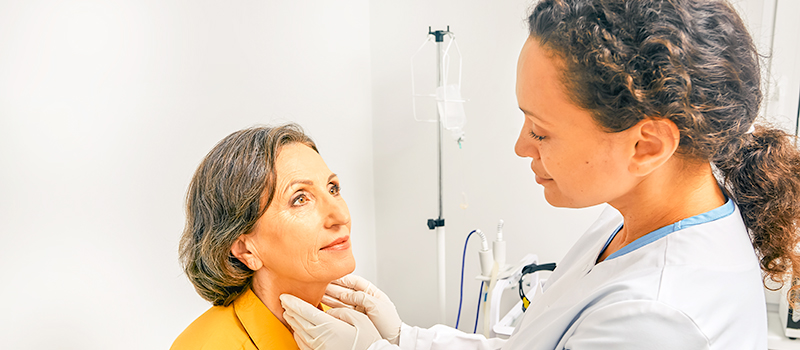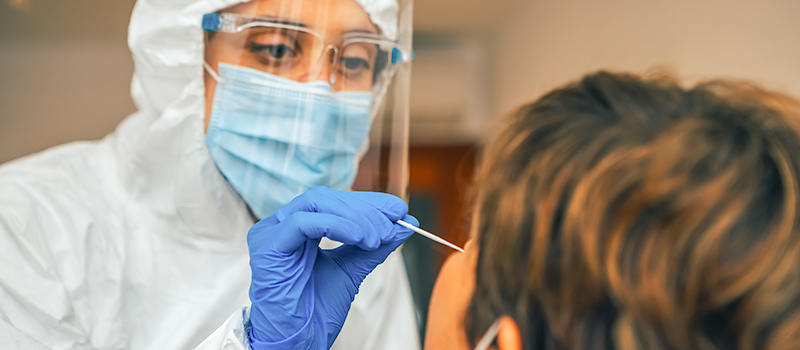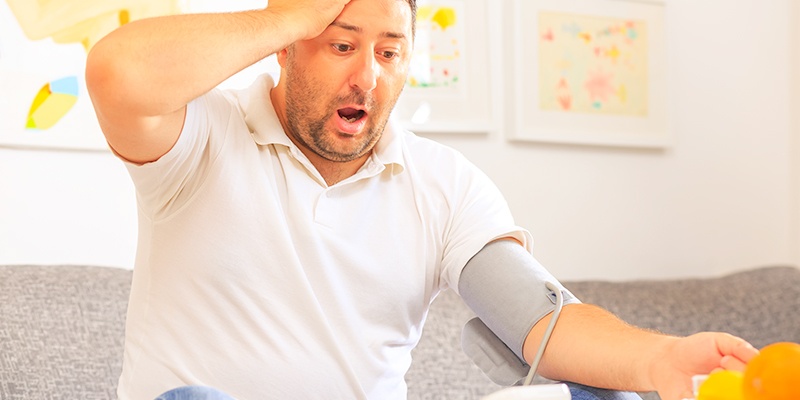High blood pressure, or hypertension, is a common yet serious medical condition nearly half of American adults struggle with on a daily basis. Blood pressure refers to the force of blood that pushes against the walls of your arteries. When this level is too high, your heart has to work harder to pump blood throughout your body. This can increase the risk of serious conditions like heart disease, kidney disease, and stroke.
According to the CDC, high blood pressure was a cause of more than 500,000 deaths in 2019. This can be a challenge because there are no symptoms of hypertension, so many people don’t even know they have it. Measuring your blood pressure is the only way to tell if it’s high. Normal blood pressure is less than 120/80 — hypertension is diagnosed for blood pressure levels above 140/90.
In this post, we’ll cover the leading causes of high blood pressure, along with some of the lesser-known risk factors. Read on to learn more about hypertension.
What can cause high blood pressure?
Numerous factors can cause high blood pressure, but it’s often due to unhealthy habits, like a poor diet and lack of exercise. Other leading risk factors for high blood pressure include:
- Smoking
- Being overweight or obese
- Genetics and race
- Family history of high blood pressure
- Too much salt in the diet
- Too much alcohol consumption
- Older age
In addition to these, there are other, less commonly recognized factors that can cause high blood pressure. Below, we’ll answer some of your burning BP questions!
Can anxiety cause high blood pressure?

Chronic anxiety doesn’t cause hypertension, but episodes of high anxiety can cause a temporary rise in blood pressure. While anxiety doesn’t cause high blood pressure directly, it can lead to unhealthy behaviors or coping mechanisms that do. For example, smoking, poor eating habits, and alcohol consumption may be used to quell anxiety but can lead to high blood pressure.
Stress has a similar relationship with high blood pressure. Like anxiety, moments of high stress can cause temporary spikes in blood pressure, and stress-induced unhealthy habits can cause blood pressure levels to rise. Though there’s no evidence that stress causes high blood pressure, lowering stress levels is an indirect win for overall health and blood pressure. Getting enough sleep and exercise can help you overcome stress while reducing your blood pressure.
Sleep apnea and blood pressure

Sleep apnea causes your breathing to start and stop as you sleep, often resulting in snoring and excessive tiredness. Normally, blood pressure decreases while you sleep. However, sufferers of obstructive sleep apnea don’t experience this dip to the same degree, which can increase their risk for severe cardiovascular issues. With sleep apnea, blood pressure increases due to the decreased oxygen levels that occur when breathing is interrupted during slumber.
Can dehydration cause high blood pressure?

Dehydration has been linked to high blood pressure. When you’re dehydrated and your body doesn’t have enough fluids, your blood contains a higher concentration of sodium. This level of sodium sends a signal to the body to secrete the hormone vasopressin. Vasopressin helps your kidneys better retain water, but it also causes your blood vessels to constrict, which increases blood pressure.
Hypothyroidism and blood pressure

Hypothyroidism is a condition in which the thyroid gland is underactive and doesn’t produce enough hormones. This can result in symptoms like weight gain, fatigue, constipation, and muscle weakness. In addition to those symptoms, there is a link between hypothyroidism and blood pressure — hypothyroidism can slow the heart rate and cause the blood vessels to constrict, which increases blood pressure.
Hyperthyroidism is another thyroid disorder that can impact blood pressure. With hyperthyroidism, the thyroid gland is overactive, which causes the heart to work harder than usual. This can also elevate blood pressure levels.
Does COVID cause high blood pressure?

Research shows that blood pressure levels increased during the COVID-19 pandemic. This was likely due to the effects of lockdowns, and people consuming more alcohol, exercising less, feeling more stressed, and changing their eating habits. High blood pressure isn’t a symptom of the virus, but people with hypertension are at greater risk of serious complications or death from COVID.
How to reduce high blood pressure
Fortunately, there are several lifestyle changes you can make to reduce high blood pressure. Some ways to reduce blood pressure include:
- Exercising regularly
- Losing weight
- Reducing sodium in the diet
- Lowering stress levels
- Drinking less alcohol
- Getting quality sleep
- Eating healthy
- Quitting smoking
Some foods to avoid with high blood pressure are: foods with high levels of sodium, like cold cuts, canned soups, pizza, and chips; sugary foods like processed desserts, sodas, and fruit juices; and caffeinated coffee and energy drinks.
On the other hand, great foods to eat with high blood pressure include salmon and tuna, berries, beans and lentils, fruits, vegetables, low-fat dairy, and whole grains.
When high blood pressure is an emergency
While high blood pressure doesn’t typically display discernible symptoms, there are some red flags that signal an immediate need for emergency care. Headaches, vomiting, seizures, chest pain, shortness of breath, and a fast heartbeat are causes for concern for people with hypertension.
If you’re experiencing any of these symptoms and have been diagnosed with high blood pressure, visit your nearest Neighbors Emergency Center. Our centers are located throughout the greater Houston area, in Baytown, Pasadena, Pearland, Porter, Crosby, Amarillo, Lubbock and Kingwood. We’re here for you 24/7/365 for all cardiac, blood pressure-related, and other emergencies.

